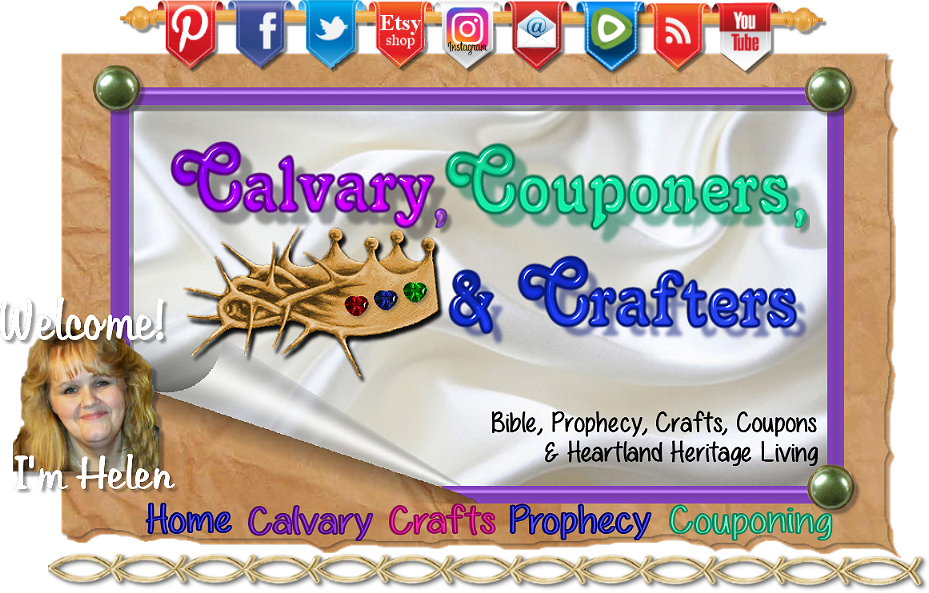
The topic of this week’s Mindful Monday devotional came easy to me as I was pondering having finally reconnected with my junior and senior high school best friend after all these years (and neither of us are spring chickens any more). I’ve been online since 1995, and since then I’d gotten in the habit of looking for her online occasionally when memories of her or high school in general arose. Also, people from high school would often message me on Facebook asking me whatever happened to her. They knew we were really good friends in school and I guess they assumed I’d kept in touch (yes, old friends, I had tried). Every now and then when I would get an email from Classmates.com I would go to the website and see if she had registered there yet (nope), or I’d check the friends list of mutual friends or acquaintances from high school to see if she was there. I would tell all those who asked about her that I felt like she had fallen off the face of the earth (they agreed).
This past week after all that diligence, I’d found her and sent her a friend request (knowing I’d be pretty hurt if she refused it). I threw my fear of rejection and vulnerability aside and sent it. A few days later she accepted it (whew) and since then we’ve shared a couple private messages and have caught up a little. We’ve both been through a lot and in a few ways our lives had paralelled. Well the painful parts anyway.
I was nervous because having seen her friends list and seeing a few classmates from school among them, my thoughts about my having seen her as my best and dearest friend back then (but that she must not have viewed me the same or she would have stayed in touch) felt confirmed. Since I joined Facebook nine years ago, I’ve always had my maiden name in my user name so my friends and I could find each other. I’ve realized she could have easily found me had she ever thought of me and tried, though she only goes by her married name (thus why it wasn’t easy to find her).
Hello? My old fear of rejection and vulnerability? Yes I remember you well and I hear you. I’ve come a LONG way since high school, however; and I’m much more confident and wiser since then, and though you are rearing your ugly head, I choose to turn those old tapes off. You have no power over me any more. It was just a temporary glitch and I’ve already set it aside -no, flushed it down the toilet and plunged it HARD 🙂
BUT I’ve laid those thoughts and feelings aside and am just glad to have been back in touch and caught up on our life over the past…hmmm…35-ish years. A lot can happen in a year, let alone 35! After reading her message, I see she had been through a lot after high school too.
I hold memories of our friendship during those 6 years in school very dear. We had so much fun, we made big plans for after high school together, and we had gotten saved a few weeks or so apart; and we were baptized back to back the same night.
So this was to me a lesson in diligence. I diligenty looked for her over the years and after a long time I finally found her. It means a lot to me regardless of whether she remains to stay in touch or not (and of course I hope she does), because it’s helped me lay some old nagging tapes aside, and it’s given me a little closure (ok well it’s a process -stop nagging me!)
Diligence is a hard lesson learned. A search for a long lost school mate is a big lesson in how diligent I should be for the One Who will NEVER leave me. Who always yearns for our companionship and Who is always reaching out to us and wants us to reciprocate. In my 30’s, I had 9 long years of backsliding where I didn’t reciprocate His friendship. His calling out to me wanting my fellowship. I chose to sow my wild oats (and boy, did I) and ignore His calling out to me. How I must have hurt Him 🙁 THAT is a whole lot bigger hurt than I felt from Debbie (oops she goes by Deb now). If He can forgive me of not only those years of sin, but ignoring His yearning for my fellowship and time after hanging on the cross and taking my punishment for eternity and reconciled me to the Father, certainly I can forgive and embrace my old friend. I never did stop thinking of her and He CERTAINLY never forgot me.
Ok, so onto the Proverbs 31 commentary for the many ladies in my Facebook groups:
The commentary I’m sharing this week is from the Theology of Work website. It discusses the Proverbs 31 Woman. Many of my readers who are in my Facebook groups, Christian Planner, Journal, and Craft Fellowhship, and Faith in His Word Bible Study Group will find this commentary really useful. The latter is a sister group (and spin-off) of the former as there was a call in the former group to study the Bible together. We began our first study 5 weeks ago and we are studying the Proverbs 31 woman. It also addresses the wisdom of planning which both groups will relate to! 🙂
The Valiant Woman plans ahead. “She brings her food from far away” (Prov. 31:14), meaning that she doesn’t depend on last-minute convenience purchases of questionable quality and cost. She “considers a field” (Prov. 31:16) before buying it, investigating its long-term potential. She is planning to plant this particular field as a vineyard (Prov. 31:16), and vineyards don’t yield their first crop until two to three years after planting.[1]The point is that she makes decisions based on their long-term consequences. Proverbs 21:5 tells us that “the plans of the diligent lead surely to abundance, but everyone who is hasty comes only to want.”
Wise planning requires making decisions for the long-term, as seen for example in the cycle of agricultural asset management.
Know well the condition of your flocks, and give attention to your herds; for riches do not last forever, nor a crown for all generations. When the grass is gone, and new growth appears, and the herbage of the mountains is gathered, the lambs will provide your clothing, and the goats the price of a field; there will be enough goats’ milk for your food, for the food of your household and nourishment for your servant-girls. (Prov. 27:23-27)
Like the Valiant Woman planting a vineyard, the wise herdsman thinks years ahead. So too, the wise king or governor takes a long-term view. “With an intelligent ruler there is lasting order” (Prov. 28:2). The proverbs also turn to the ant as an example of long-term diligence.
Go to the ant, you lazybones; consider its ways, and be wise. Without having any chief or officer or ruler, it prepares its food in summer, and gathers its sustenance in harvest. How long will you lie there, O lazybones? When will you rise from your sleep? A little sleep, a little slumber, a little folding of the hands to rest, and poverty will come upon you like a robber, and want, like an armed warrior. (Prov. 6:6-11)
Planning ahead takes many forms in workplaces. Financial planning is mentioned in Proverbs 24:27: “Prepare your work outside; get everything ready for you in the field; and after that build your house.” In other words, don’t start building your house until your fields are producing the necessary funds to finish your construction project. Jesus picked up on this in Luke 14:28-30: “Which of you, intending to build a tower, does not first sit down and estimate the cost, to see whether he has enough to complete it? Otherwise, when he has laid a foundation and is not able to finish, all who see it will begin to ridicule him, saying, ‘This fellow began to build and was not able to finish.’”
There are many other forms of planning, and we can’t expect the proverbs to serve as a planning manual for a modern enterprise. But we can note again the link in proverbs between wisdom, in the form of planning, and God’s character.
The plans of the mind belong to mortals, but the answer of the tongue is from the Lord. (Prov. 16:1)
The human mind may devise many plans, but it is the purpose of the Lord that will be established. (Prov. 19:21)
God plans for the very long term, and we are wise to plan ahead also. But we must remain humble about our plans. Unlike God, we do not have the power to make all our plans come to pass. “Do not boast about tomorrow, for you do not know what a day may bring” (Prov. 27:1). We plan with wisdom, speak with humility, and live in expectation that God’s plans are our ultimate desire.
Attention to long-term consequences may be the most important skill we can cultivate for success. For example, psychological research has shown that the ability to delay gratification—that is, the ability to make decisions based on longer-term results—is a far better predictor of success in school than IQ is.[2]Regrettably, Christians sometimes seem to take passages such as “Do not worry about tomorrow” (Matthew 6:34) to mean, “Do not plan ahead for tomorrow.” The Proverbs—alongside Jesus’ own words—show that this is both incorrect and self-indulgent. In fact, the entire Christian life, with its expectation of Christ’s return to perfect the kingdom of God, is a life of planning for the long-term.





















